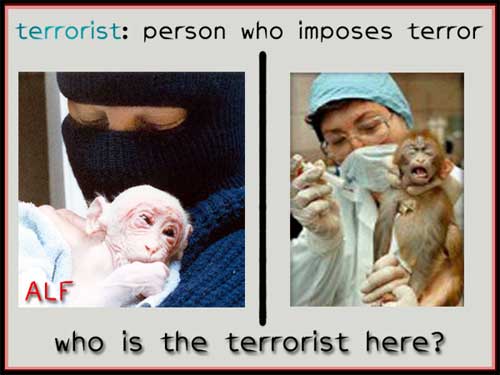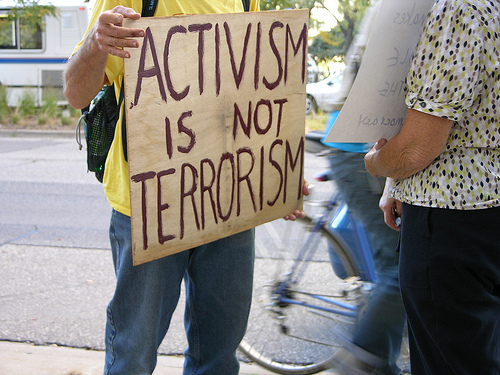
The criticism has been accompanied by dissent within the animal rights movement itself about the use of violence, and increasing attention from the police and intelligence communities.

There has nevertheless been widespread criticism that ALF spokespersons and activists have either failed to condemn acts of violence or have themselves engaged in it, either in the name of the ALF or under another banner. American activist Rod Coronado said in 2006: "One thing that I know that separates us from the people we are constantly accused of being-that is, terrorists, violent criminals-is the fact that we have harmed no one." According to the ALF's code, any act that furthers the cause of animal liberation, where all reasonable precautions are taken not to harm human or non-human life, may be claimed as an ALF action, including acts of vandalism causing economic damage. You, each and every one of you: you are the ALF." Īctivists say the movement is non-violent. Robin Webb of the Animal Liberation Press Office has said: "That is why the ALF cannot be smashed, it cannot be effectively infiltrated, it cannot be stopped.

Īctive in over 40 countries, ALF cells operate clandestinely, consisting of small groups of friends and sometimes just one person, which makes the movement difficult for the authorities to monitor.

Critics have labelled them as terrorists.

Participants state it is a modern-day Underground Railroad, removing animals from laboratories and farms, destroying facilities, arranging safe houses, veterinary care and operating sanctuaries where the animals subsequently live. It originated in the 1970s from the Bands of Mercy. The Animal Liberation Front ( ALF) is an international, leaderless, decentralized political and social resistance movement that engages in and promotes non-violent direct action in protest against incidents of animal cruelty.


 0 kommentar(er)
0 kommentar(er)
